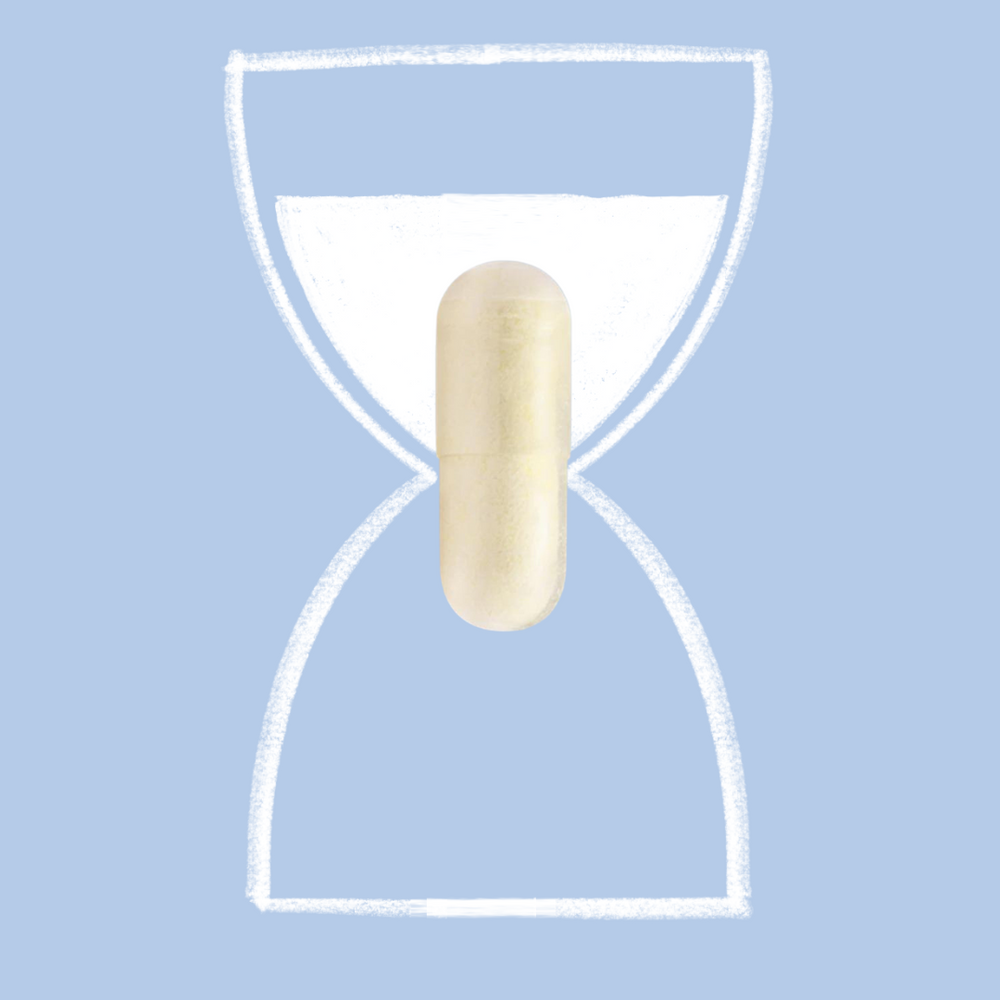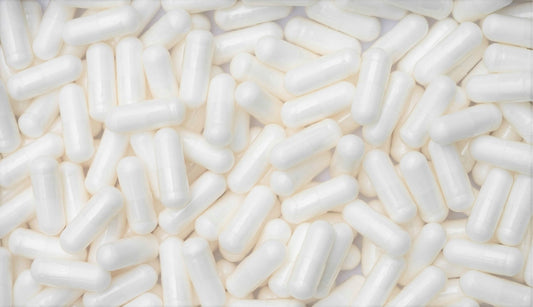Lorem ipsum
1
You have saved personalized supplements. Would you like to add them back to your cart?
£0.00 GBP
Your cart total must be £20.00 or more to proceed.
561mg
• Removes a range of toxins from our body
• Promotes hormonal balance
• Reduces elevated levels of LDL cholesterol
Couldn't load pickup availability
 Vegan
Vegan
 Vegetarian
Vegetarian
 Non-GMO
Non-GMO
 GMP
GMP
 Gluten Free
Gluten Free
 No fillers
No fillers
Calcium-D-glucarate is a compound that has its roots deeply embedded in nature. As the calcium salt form of D-glucaric acid, it is naturally present in various fruits and vegetables, with notable concentrations in grapefruit, apples, and broccoli.
Beyond just being a component of our daily dietary intake, Calcium-D-glucarate boasts a suite of health benefits. Notably, its prominence in detoxification pathways, fundamental to maintaining homeostasis and proper physiological function in our bodies, sets it apart. Through its function, it manages a balancing act, especially in the delicate hormonal ballet, ensuring that excessive estrogen, which could be detrimental, is efficiently processed and excreted.
It is also efficient at blocking the re-uptake of exhausted oestrogen metabolites from the gut by blocking the beta-glucuronidase enzyme produced by some bacteria.

Detoxification Specialist
Calcium-D-glucarate operates through a scientifically fascinating mechanism termed "glucuronidation." ds:
In the liver, glucuronic acid binds with toxins and certain hormones, including excess estrogens. This process essentially tags them for excretion, making them more water-soluble and thus easier to be eliminated from the body through urine or bile.
However, certain bacteria in the gut can throw a wrench in the works. They produce an enzyme called beta-glucuronidase, which can sever the bond between glucuronic acid and the toxin or hormone. When this happens, instead of being excreted, these potentially harmful compounds can be reabsorbed into the bloodstream.
Calcium-D-glucarate acts as a beta-glucuronidase inhibitor. By tempering the activity of this enzyme, Calcium-D-glucarate ensures that the body's natural detoxification processes aren't reversed. The result? Toxins and excess hormones get effectively flushed out of the system, reducing their potential harmful impacts. This mechanism is particularly vital when considering oestrogen's role. While necessary for various physiological processes, an overabundance of this hormone, or its metabolism into harmful byproducts, has been linked to a variety of health issues, including certain cancers. Calcium-D-glucarate, by aiding in the elimination of excess estrogen, can thus play a pivotal role in maintaining hormonal balance and health.
When taking this supplement, you may notice:
Improved digestive health, with fewer instances of bloating or discomfort.
A feeling of increased overall wellness and vitality, potentially due to reduced toxin levels.
Improvements in hormonal balance or cardiovascular metrics.
Take 1 capsule daily with food and water, unless specified otherwise on the sachet.
* Percent Daily Values are based on a 2,000 calorie diet.
† Daily Value not established.
Cellulose, Stearic Acid
Publications you might find interesting

1. Heerdt, A. S., et al. (1995). Calcium glucarate as a chemopreventive agent in breast cancer. Israel journal of medical sciences, 31(2-3), 101-105.
2. Walaszek, Z., et al. (1997). Dietary glucarate-mediated reduction of sensitivity of murine strains to chemical carcinogenesis. Cancer letters, 115(1), 15-19.
3.Walaszek, Z. (1990). Potential use of D-glucaric acid derivatives in cancer prevention. Cancer letters, 54(1-2), 1-8.
4. Abou-Zeid, L. A., et al. (2011). D-glucarate effects on inflammation and metastasis of Ehrlich ascites carcinoma in female mice. Nutrition and cancer, 63(6), 862-870.
5. Kohlmeier, M., et al. (1993). Adipose tissue level of calcium-D-glucarate has an inverse association with breast cancer risk. Cancer epidemiology, biomarkers & prevention, 2(4), 299-303.

Gain access to your own data driven dashboard, health reports and personalised supplement plans.


• Supports cellular health and longevity
• Boosts NAD function
• Promotes skin health and elasticity

